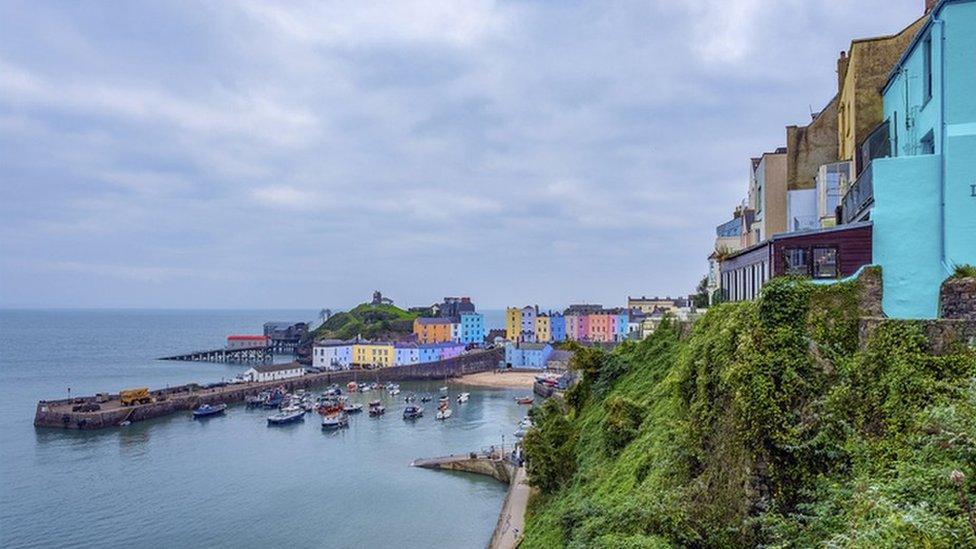Coronavirus: Wales resisting 'loud demands' to end lockdown caution
- Published
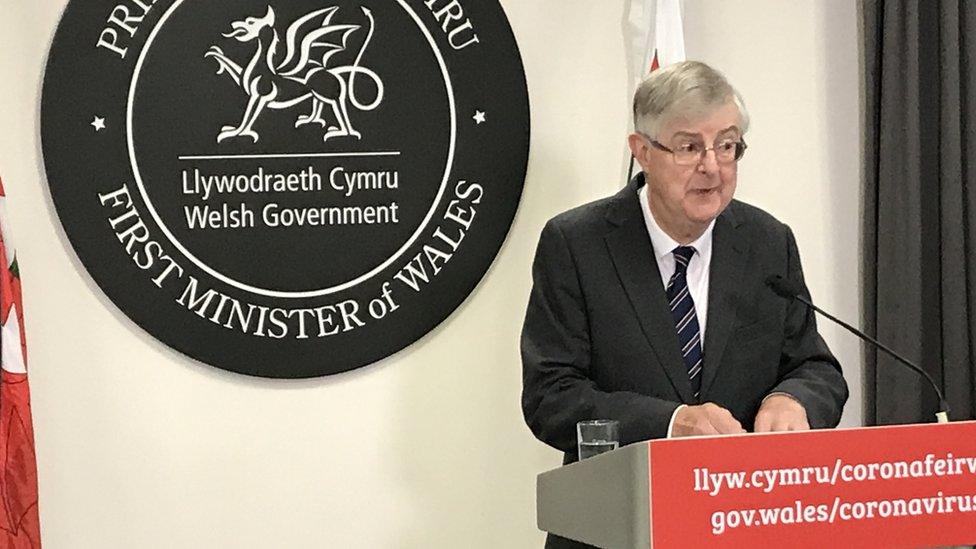
Mark Drakeford said he would not risk letting the "deadly virus" rise again
Wales' first minister has said he will not shift from his cautious approach to easing coronavirus restrictions "however loud the demands".
People in Wales are restricted to journeys of five miles for leisure and non-essential shops remain closed.
In England, there is no travel limit and shops are reopening on Monday.
The next review of the rules in Wales is due in a week's time, but Mark Drakeford said he was resisting calls to make changes sooner.
The tourism industry warned this week it was "on the brink of collapse" due to the restrictions.
Cases have been falling in Wales, with the R number - the average number of people infected by each person who gets the virus - now down from 0.8 to 0.7, the first minister told the Welsh Government's daily news conference.
There are 32 people in critical care for coronavirus, the lowest figure since 25 March.
"We can chose a path in which we regain our freedoms gradually, carefully and safely, using the headroom we have made together - but never taking steps which would knowingly undermine everything we have achieved," he said.
"Or we could throw it all away, lift the restrictions in a rush and run the real risk that this deadly virus would be on the rise again in Wales.
"I want you to know that whatever happens elsewhere and however loud the demands to do things differently may be, we will stick to the path we have chosen."

Testing capacity had increased, he said, with Wales now having the ability to carry out 12,300 tests a day - although the figure of actual tests in the past 24 hours was 3,300.
A new drive-through test centre opened in Deeside on Thursday, he said, with another due to open in Abergavenny next week.

Analysis by James Williams, BBC Wales political correspondent
Conversations within government about the further easing of lockdown restrictions started the Saturday after the last review.
There was a further conversation on Thursday and another on Friday, with a set of options to be presented ahead of the cabinet meeting of ministers on Wednesday of next week.
The demands on ministers to lift restrictions are coming from all directions - zoos, restaurateurs, pub landlords, car showrooms and people wanting to see family members not living locally.
The impression I get is that the intention is to continue with the strategy to date: pick one big change or a couple of small ones to fit the headroom ministers have to work with, in the hope that it does not cause an increase in transmission.
Also, don't forget that with schools set to reopen for all year groups on 29 June they have already announced one big change that will overlap with the next three-week cycle, and - from the conversations I have had - there seems to be some uncertainty as to the possible ramifications of that change on the spread of the virus.
So, a flurry of immediate changes is unlikely to be announced next week - but we could get, as the first minister suggested, the sketch of a plan for the easing of restrictions over the following weeks.
Caution remains the watchword, scientific advice the guiding star.
But, as one source said, there is a feeling that despite relatively positive polling for the Welsh Government's strategy, maybe "people's tolerance is starting to wear thin".

A promise to test every care home resident in Wales was "nearing completion", Mr Drakeford said - despite a pledge it would be done by now.
Mr Drakeford previously said all residents would be tested by June 12.
"We are nearing completion of testing every single care home resident and staff member in Wales, and from next week, we will continue to offer weekly tests for staff in care homes for the next four weeks," he added.
"As the position has improved, we have been able to help care homes plan for additional visits to residents from family and friends, provided these can be done safely and in line with the guidance."
Three-quarters of care homes in Wales have had no cases of the virus, he added.
On Personal Protective Equipment (PPE), he said there was now a stockpile of 78 million items, with 14 million items having been supplied to other parts of the UK.
- Published11 June 2020

- Published11 June 2020
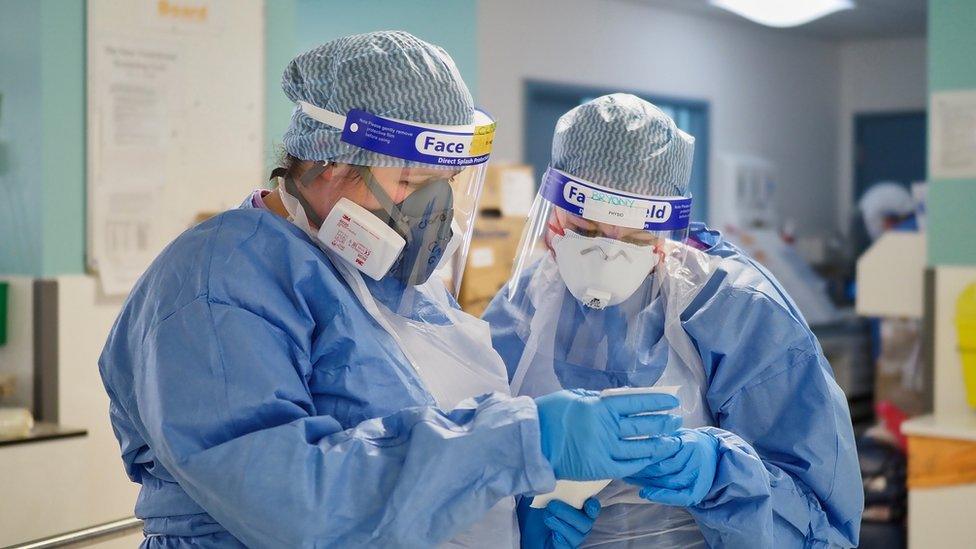
- Published26 March 2021

- Published12 June 2020
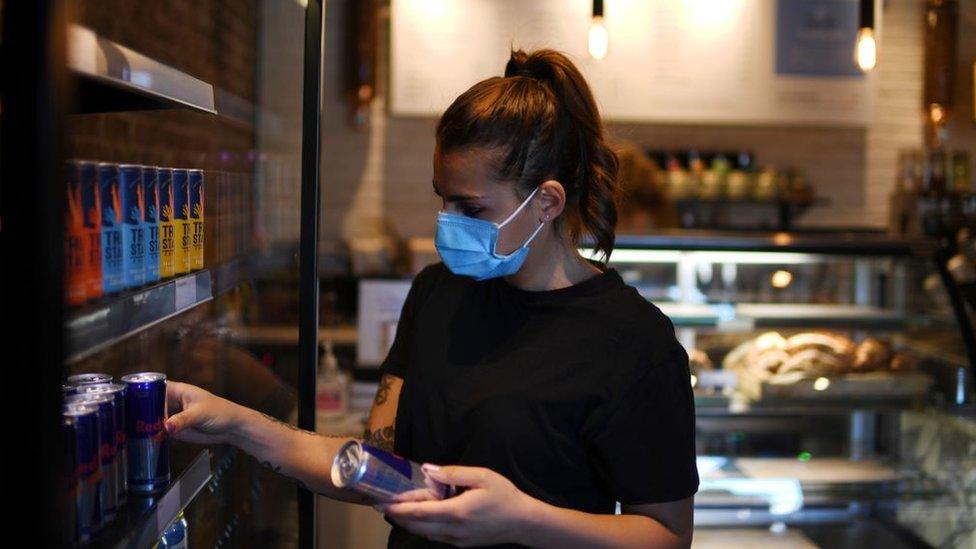
- Published28 May 2024

- Published11 June 2020
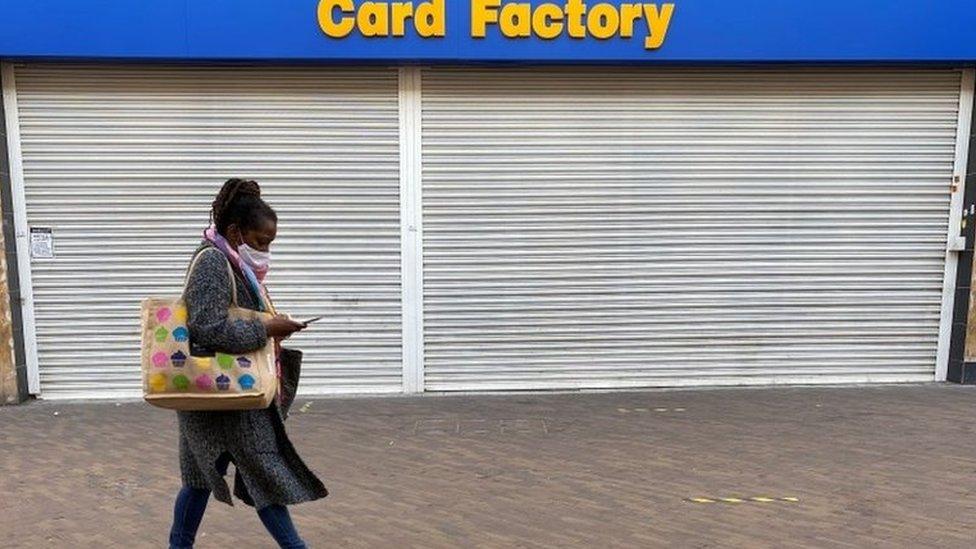
- Published11 June 2020
